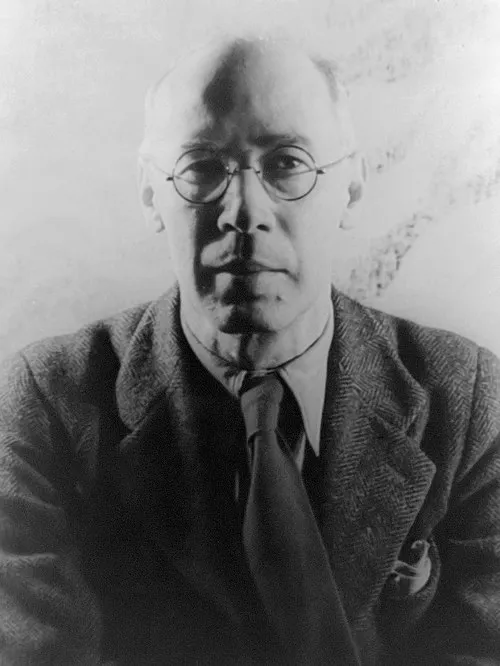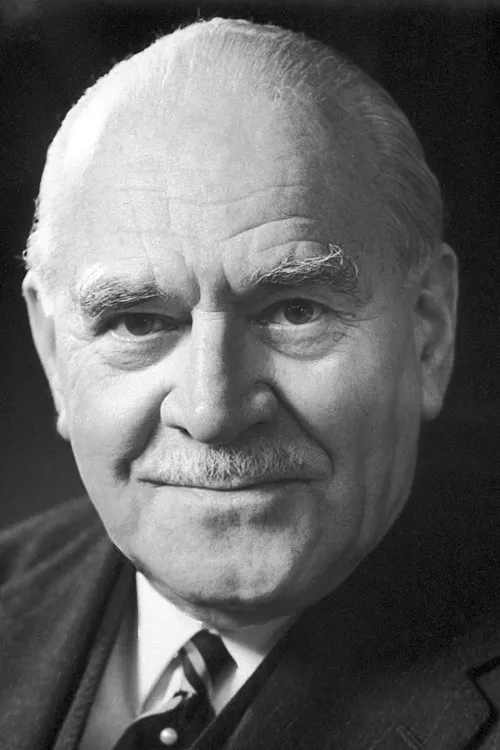In 2017, a tragic incident occurred when a Myanmar Air Force Shaanxi Y-8 aircraft crashed into the Andaman Sea near Dawei, Myanmar. The accident resulted in the loss of all 122 individuals on board, marking a somber event in aviation history.
On June 7
19
Important Days
51
Important Events
156
Births and Deaths
recorded.
Holidays and Occasions
Events
Births and Deaths

Battle of Arica Day: Honoring History and Valor in Chile
The Battle of Arica Day, celebrated annually on June 7, is a significant event in the Arica y Parinacota Region of Chile. This day commemorates the fierce and decisive battle that took place during the War of the Pacific (1879-1884), marking a pivotal moment in Chilean history...

Celebrating Flag Day in Peru: A Deep Dive into Tradition
Flag Day in Peru, known as Día de la Bandera, is a national holiday celebrated on June 7th. This day holds significant historical and cultural importance, as it commemorates the raising of the Peruvian flag during the Battle of Ayacucho in 1824, a decisive victory that contributed to Peru's independence from Spanish rule...

Journalist Day in Argentina: Honoring Freedom of the Press
Every year on June 7th, Argentina celebrates Journalist Day, or "Día del Periodista," to honor the vital role journalists play in society and to commemorate the foundation of the first Argentine newspaper, "La Gazeta de Buenos Aires," established by Mariano Moreno in 1810. This day serves as a reminder of the importance of freedom of expression and the challenges faced by journalists in their pursuit of truth...

Anniversary of the Memorandum of the Slovak Nation: Celebrating Slovak Heritage
The Memorandum of the Slovak Nation, an important historical document, marks a significant moment in Slovakia's history. This article delves into its background, significance, and how its anniversary is celebrated today...

The Importance of Prince Joachim's Birthday in Denmark
Prince Joachim of Denmark, born on June 7, 1969, is the younger son of Queen Margrethe II and Prince Henrik of Denmark. Known for his engaging personality and diverse career, Prince Joachim's birthday is a significant occasion not just for the royal family, but for the Danish people as well...

Sette Giugno: Commemorating Malta's Path to Independence
Sette Giugno, or June 7th, is a significant day in Malta's history, marking a pivotal event in the island's political journey. This date commemorates the tragic riots that occurred in 1919, when Maltese citizens protested against British colonial rule...

Union Dissolution Day: Norway's Independence Day
Every year on June 7th, Norwegians celebrate Union Dissolution Day, a significant national holiday commemorating the dissolution of the union between Norway and Sweden in 1905. This important day symbolizes Norway's emergence as an independent nation and reflects the rich history and culture of the Norwegian people...

Tourette Syndrome Awareness Day: Understanding and Supporting Those Affected
Tourette Syndrome (TS) is a neurodevelopmental disorder characterized by involuntary movements and sounds known as tics. Observed annually on June 7th, Tourette Syndrome Awareness Day aims to educate the public about TS and to promote understanding and acceptance...

Exploring the Legacy of Antonio Maria Gianelli: A Beacon of Faith and Education
Antonio Maria Gianelli (1789-1846) was a prominent figure in the Catholic Church, renowned for his dedication to education, spirituality, and social reform. He founded the Congregation of the Daughters of Our Lady of the Garden and significantly contributed to advancing education in Italy during a time of considerable social change...

Colmán of Dromore: The Irish Saint and His Lasting Impact
Colmán of Dromore, also known as St. Colmán, is an important figure in the history of Christianity in Ireland...

Exploring the Life and Legacy of St. Gottschalk: A Medieval Saint
St. Gottschalk, a prominent figure in medieval Christian history, rose to fame during the 10th century...

The Historical Significance of Landulf of Yariglia in Asti
Landulf of Yariglia, a significant figure from the 10th century, has left an indelible mark on the history of Asti. As a nobleman and son of the esteemed family of the counts of Asti, his life embodies the complexities of medieval Italian society...

Discover Meriasek: Algeria's Hidden Gem in the Red Valley
Meriasek is a charming small town tucked away in the picturesque Red Valley region of Algeria. Known for its rich cultural heritage and stunning natural scenery, Meriasek is an ideal destination for those looking to experience the authentic beauty of Algeria...

Paul I of Constantinople: A Pillar of Eastern Orthodoxy
Paul I of Constantinople (also known as Paul I) was a significant figure in the Eastern Orthodox Church during the 4th century. His leadership is often noted for its profound impact on the development of Christian doctrine and Church governance during a tumultuous period marked by theological debates and power struggles...

The Impact of Robert of Newminster on Cistercian Monasticism
Robert of Newminster, a prominent figure in the 12th century, is best remembered for his foundational role in the Cistercian order in England and his contributions to monastic life. Born around the early 1100s in England, Robert's influence spread across the English landscape, shaping the spiritual and architectural heritage of the time...

Chief Seattle Lutheran Church: A Community of Faith and Heritage
Chief Seattle Lutheran Church has become a significant landmark in the Pacific Northwest, offering a rich blend of cultural heritage and spiritual guidance. Named after the renowned Duwamish chief who befriended early settlers and helped forge crucial relationships between Indigenous peoples and European Americans, this church continues to honor his legacy by fostering community and faith...

Blessed Marie-Thérèse de Soubiran La Louvière: A Beacon of Faith and Compassion
Blessed Marie-Thérèse de Soubiran La Louvière (1834-1889) was a remarkable figure in the Catholic Church whose life exemplified compassion, perseverance, and deep faith. Born in France, her journey was marked by challenges that she faced with an unwavering spirit...

Commemoration Day of St. John the Forerunner in the Armenian Apostolic Church
The Commemoration Day of St. John the Forerunner holds significant importance in the Armenian Apostolic Church...

Pioneers of the Episcopal Anglican Church of Brazil: A Historical Insight
The Episcopal Anglican Church of Brazil stands as a cornerstone of Anglican traditions in Latin America. Its rich history is filled with pioneering figures who have shaped its identity and mission...



































